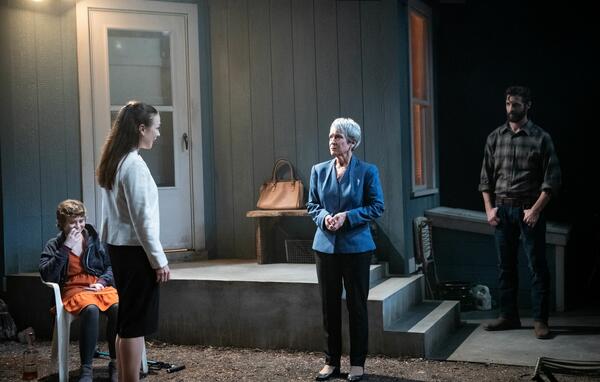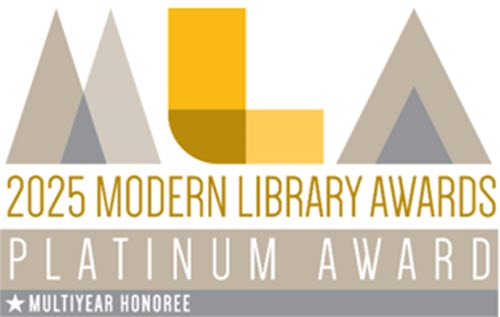Dive Brief:
- The U.S. Department of Justice has opened a probe into George Mason University over its admissions and scholarship practices as well as its response to antisemitism, the agency announced Monday. It follows a probe into the university’s employment practices announced last week.
- In a letter to the head of George Mason’s board, Harmeet Dhillon, assistant attorney general for the Justice Department’s civil rights division, said the agency would consider whether George Mason’s student practices violate Title VI, which prohibits discrimination based on race, color or national origin at federally funded institutions.
- Dhillon’s letter made no specific allegations against the university, and an agency spokesperson declined to comment Tuesday on what prompted the probe. In a statement Monday, the university’s board of visitors said it would “respond fully and promptly to the requests from the U.S. Government.”
Dive Insight:
The Trump administration has set its sights on George Mason as it widens its attacks on universities based on their diversity programs, approach to pro-Palestinian protests and other practices that run counter to the president’s political agenda.
The latest investigation is at least the fourth probe the Trump administration has launched into the university. Dhillon gave George Mason until Aug. 1 to provide “a series of certifications, responses, and productions of information, data, and materials” to the agency.
In its statement, the university’s board of visitors said that it has a fiduciary obligation “to ensure that the University continues to thrive as the largest public university in Virginia,” adding, “This includes making sure that GMU fully complies with federal anti-discrimination laws as it excels in its mission.”
Rep. Bobby Scott, a Virginia Democrat and the ranking member on the House’s education committee, blasted the Trump administration’s investigations into George Mason in a statement Tuesday.
“Under this Administration, the government’s Offices of Civil Rights have adopted a radical reinterpretation of our civil rights laws to attack diversity, equity, inclusion and accessibility,” Scott said. “The Trump Administration’s selective actions undermine the pursuit of justice, and the independence and academic freedom of America’s institutions of higher education.”
Late last week, Dhillon informed the university of a similar probe under Title VII, which bars employment discrimination based on race, color, religion, sex or national origin.
In a July 17 letter, she alleged that George Mason “may be engaged in employment practices that discriminate against employees, job applicants, and training program participants based on race and sex.”
Dhillon cited internal emails and comments from George Mason President Gregory Washington seeking to promote diversity and equity in the hiring and tenure processes, as well as antiracism throughout the university’s operations.
Prior to that, the Trump administration opened two separate investigations over claims that the university hasn’t done enough to respond to antisemitism and illegally uses race in employment decisions.
In a July 18 post, Washington rejected the government’s allegations of discrimination and explained that the comments cited by Dhillon came in the wake of the murder of George Floyd, who was Black, by a White police officer in 2020.
“As part of addressing this national reckoning, we were examining ourselves, looking for ways to become better,” Washington said, adding that diversity efforts were part of a state-mandated initiative, and the public expected George Mason to “play a meaningful part in creating structures and programming to address old biases and persistent inequalities in business operations.”
He also said, “It is inaccurate to conclude that we created new university policies or procedures that discriminated against or excluded anyone,” and added that “our systems were enhanced to improve on our ability to consistently include everyone for consideration of every employment opportunity.”
The Trump administration’s targeting of George Mason comes shortly after the Justice Department pushed former University of Virginia President Jim Ryan to announce his abrupt resignation in June. The university was, like George Mason, under investigation by the administration over its diversity initiatives.






